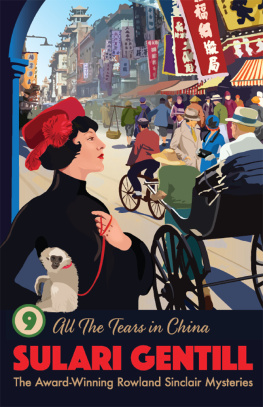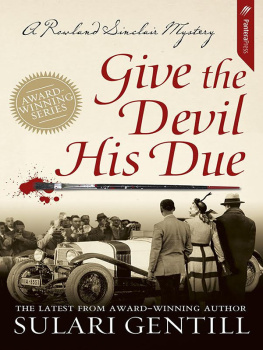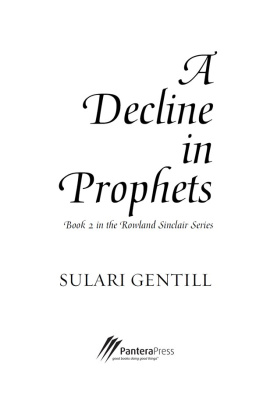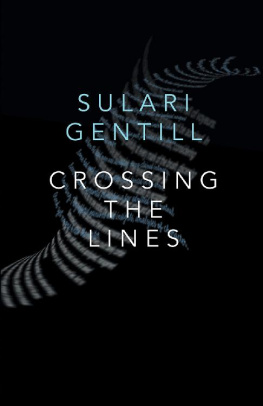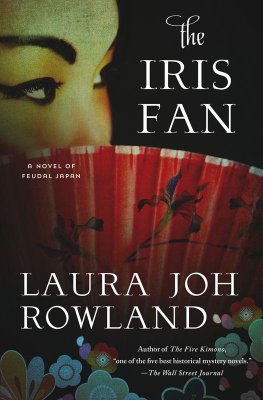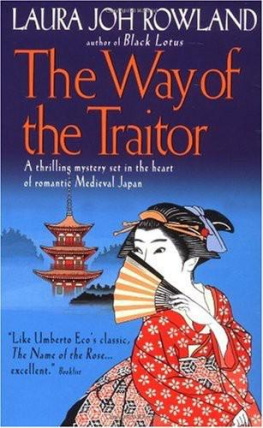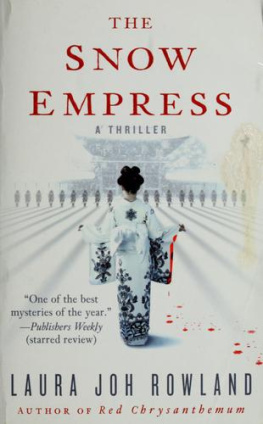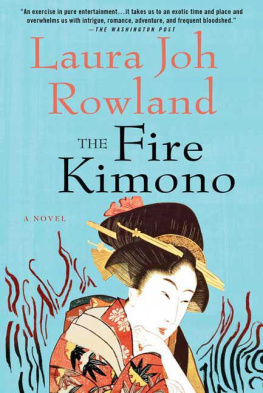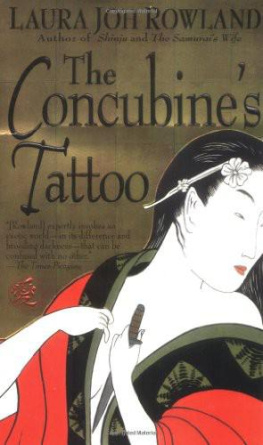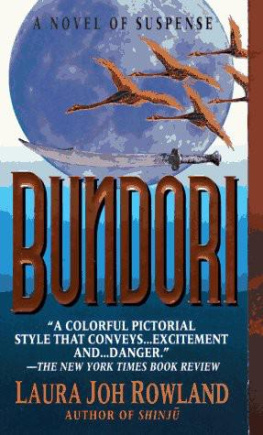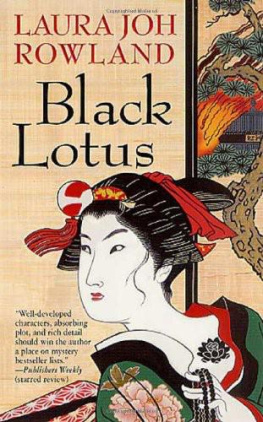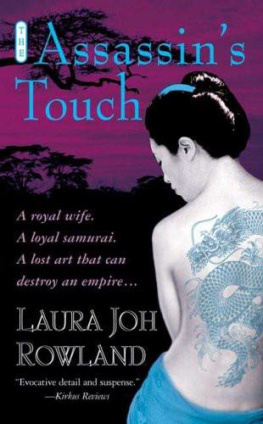A ROWLAND SINCLAIR MYSTERY
Shanghai in 1935 is a twentieth-century Babylon, an expatriate playground where fortunes are made and lost, where East and West collide, and the stakes include life itself.
Into this, Rowland Sinclair arrives from Sydney to represent his brother at international wool negotiations. Rowland is under strict instructions to commit to nothing but a brutal murder makes that impossible.
As suspicion falls on him, Rowland enters a desperate bid to find answers in a city as glamorous as it is dangerous, where tai-pans and tycoons rule, and politics and vice are entwined with commerce.
Once again, the only people Rowland can truly trust are an artist, a poet and a free-spirited sculptress.
A sparkling crime series Evelyn Waugh meets Agatha Christie THE AGE
Glossy, original and appealingly Australian. THE AUSTRALIAN WOMENS WEEKLY
The writing is witty and assured, confidently claiming the historical territory. SYDNEY MORNING HERALD
It takes a talented writer to imbue history with colour and vivacity. It is all the more impressive when the author creates a compelling narrative. AUSTRALIAN BOOK REVIEW
Containing an intriguing mystery, a unique sense of humour and a range of historical characters, this is a highly recommended read for lovers of Australian fiction. CANBERRA TIMES
All the Tears in China
Book 9 in the Award-Winning Rowland Sinclair Mysteries
SULARI GENTILL

For Angela Savage,
who named this book.
Contents
Epilogue
OUTED BY BMA EX-CONVICT IS NOW QUACK
SAYS SOUND MAN HAS T.B.

DIAGNOSES TUBERCULOSIS OF THROAT FROM DROP OF BLOOD TAKEN FROM EAR-LOBE
ABRAMS APOSTLEHANDS OUT DISEASES
SUPERVISION of the public health, which, in the last analysis, is the greatest asset of any community, is evidently very fox in Sydney town. A case in point is that of George Frederick Hewer, ex-gaol-bird, ex-B.M.A. member, who is raking in a fat living at Adyar House, in Bligh-street, with the aid of an American electric system, which, after having been investigated by high medical authorities from all parts of the world during the last ten years, has finally been pronounced 99 per cent quackery. Dr. Hewer diagnoses at great expense to his clients all sorts of complaints, and that some of them dont exist within the patients body is evidenced by the fact that two of Truths investigators, during the past fortnight, have been along to the doctors sanctuary at Adyar House, and have been diagnosed as suffering from physical ills which existed only in his imagination
After his release from prisonearly in 1924the doctor was struck off the list of members of the British Medical Association, and, faced with this serious handicap, evidently he decided to do what nearly all discredited members of any profession have done since the world first knew professions.
He resorted to quackery, and in that way he is getting his living today at the expense of trusting fools who are unacquainted with the fact that the medical system with which he has thrown in his lot has become long since a hissing and a byword among reputable citizens. He became an apostle of the Abrams system, and established the clinic of electronic medicine at Adyar House.
Truth, 29 April 1928
D r. Henri Le Fevre turned out to be George Frederick Hewer, who had been struck off the list of members of the British Medical Association. He was not French though he spoke the language quite well. When captured he confessed to being the man whose voice was on the recording left by Alexandra Romanova, though he denied any part in her murder. With no evidence that he had done anything other than misdiagnose Rowland Sinclair, and attempt to deprive him of his liberty, he was eventually released without charge.

After it was revealed that he had been retained by Gilbert Carmel to ensure Rowland Sinclairs stay at Ward Road Gaol was particularly unbearable, John Whitely was investigated for corruption, but in the end no action was taken.

The junior lawyer Murray who had been assigned the defence of Rowland Sinclair in Carmels absence was shown not to exist. Carmel and Smith was a firm made up of Gilbert Carmel and his faithful secretary.

Gilbert Carmel was charged with, and eventually convicted of, the murder of Alexandra Romanova and Bertram Middleton, and the attempted murder of Rowland Sinclair as well as a litany of lesser offences. All charges against Rowland Sinclair were dropped.

With his sisters killer caught, Sergei Romanov came out of hiding and began to bathe regularly once again. He allowed Rowland Sinclair to replace his violin, and returned to teaching the instrument to the children of wealthy Shanghailanders. Occasionally he worked for Wing and Singh Private Investigations.

Alexandra Romanovas son, Mikhail, was sent to school in the United States as his mother had wished. The expenses of his education were met by Rowland Sinclair.

Emily Mickey Hahn continued her unconventional relationship with Shao Xunmei, supporting herself by writing for the North China Daily News and The New Yorker. By 1936 she had achieved her ambition of becoming an opium addict. After the fall of Shanghai in the 1937, Hahn signed a document declaring herself Xunmeis second wife under Chinese Law and, in doing so, saved his printing press from confiscation. She eventually left Shanghai in 1939, but her experiences in China became the foundation of a long and brilliant career which saw her author more than fifty books of fiction, history, memoir and reportages as well as innumerable articles.

When hed recovered enough to do so, Rowland accepted Shao Xunmeis invitation to dine with the Celestial Hound Society, a group of Chinese artist and art-lovers who favoured the Parisian school. Thereafter the Australians encountered Xunmei often in Mickey Hahns flat on Kiangse Road, where they would discuss poetry and politics, art and gossip. It was probably a sign of Miltons esteem for the Chinese poet that he did not attempt to steal his verse.


